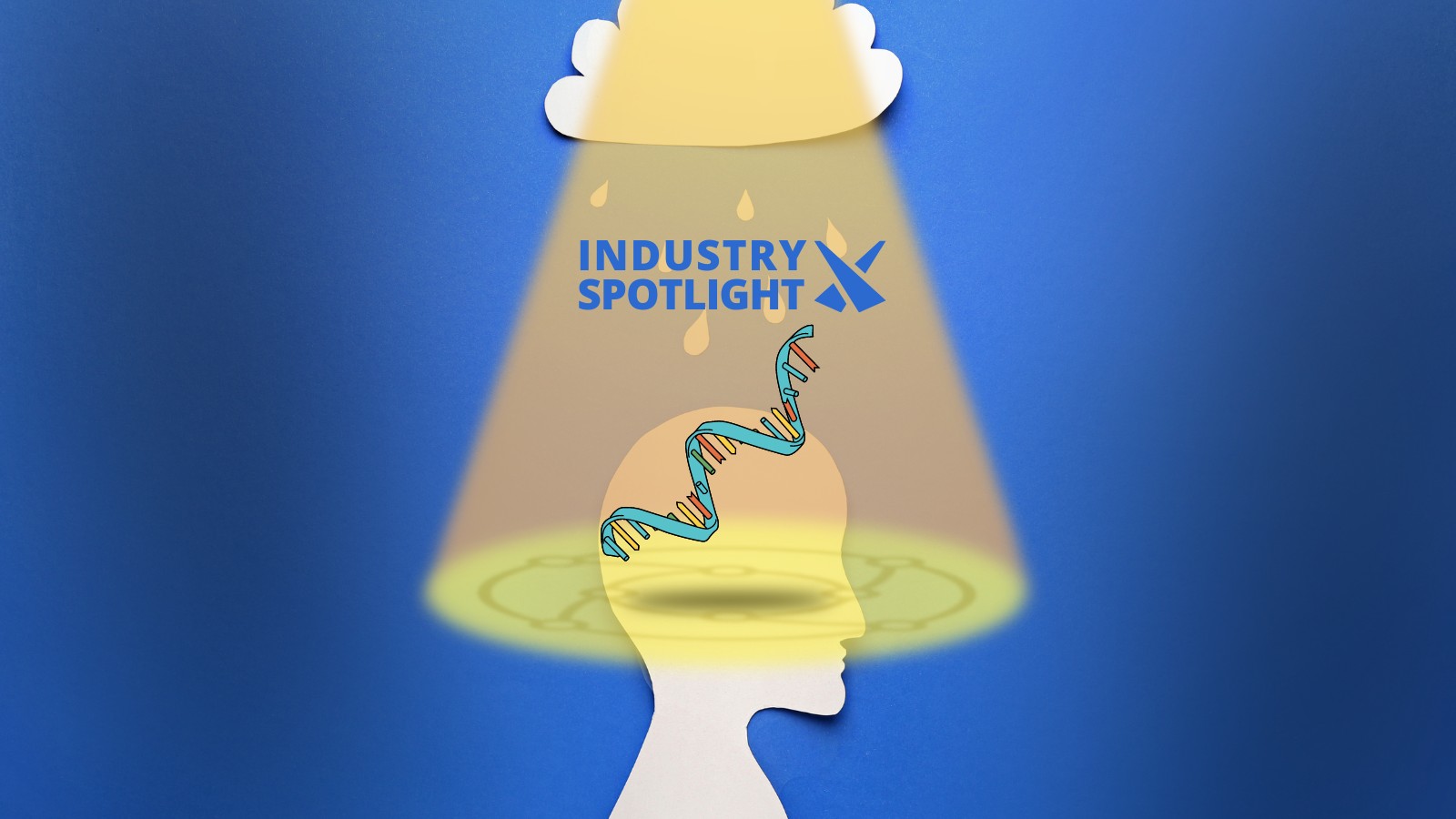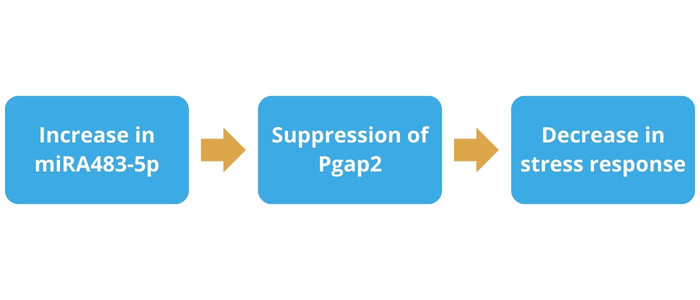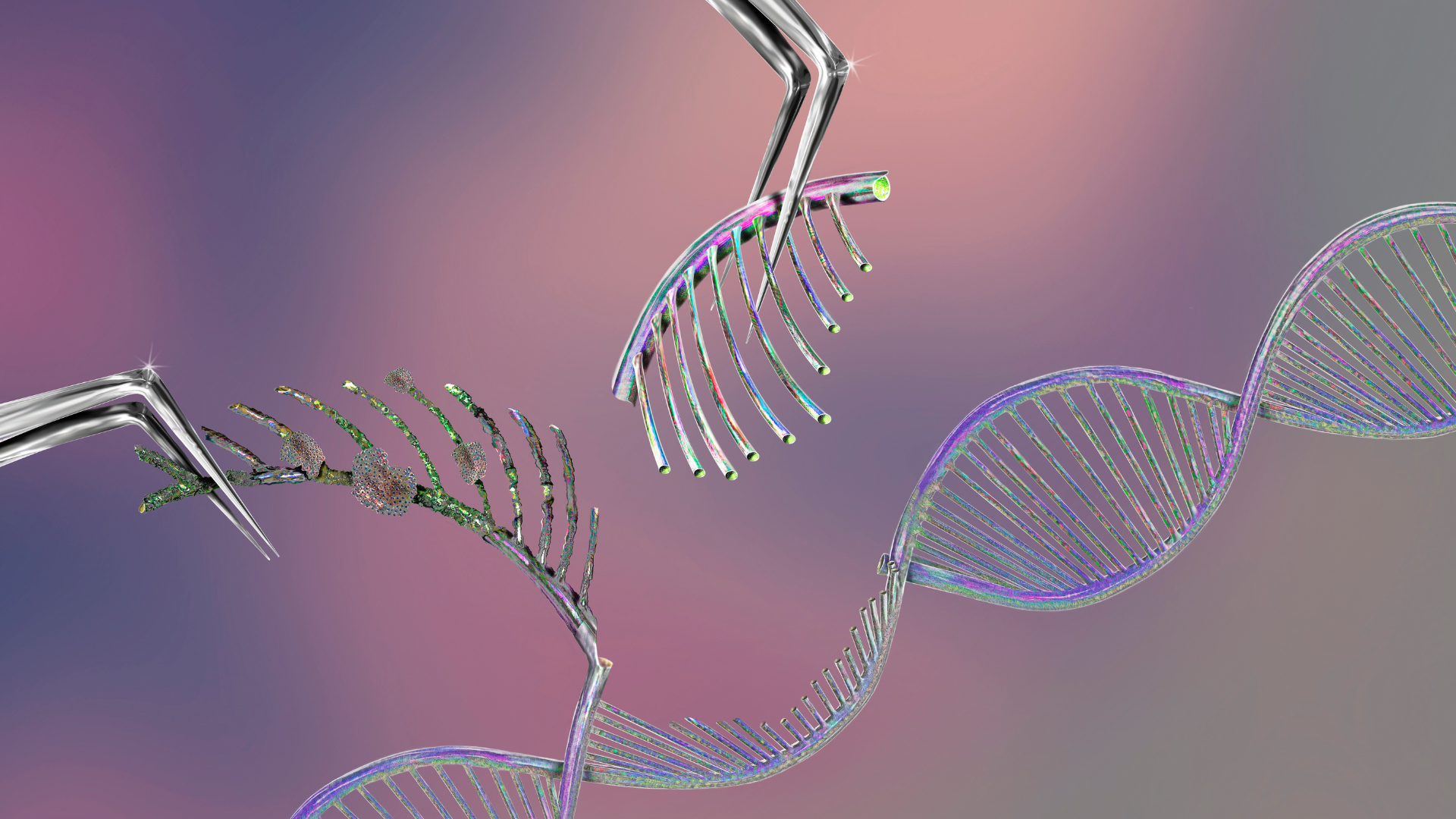Gene Discovered to Drive Anxiety Could Prove an Effective Drug Target

Researchers in a collaboration from the University of Exeter and University of Bristol have discovered a gene that is responsible for driving anxiety. The study looked for causes of anxiety in molecular brain chemistry and found that the gene, Pgap2, could be an effective drug target for novel anti-anxiety medicines.
The mental health charity Mind says that one in four people have problems with their mental health each year in England. They also predict that one in six will experience a common disorder like anxiety or depression in any given week.
RELATED:
- Delix Therapeutics Announces 2 Partners in Neuroscience Drug Discovery Effort
- Positive Results Achieved from Phase III Trial of MDMA-Assisted Therapy
- Improved Insight on the Effects of Ritalin on Patients with ADHD
There are existing therapeutics available for anxiety-related conditions, such as SSRIs or benzodiazepines, but the former has inconsistent efficacy while the latter has addiction concerns and is only prescribed for short-term use.
The study, published in Nature Communications, looked at the role of brain chemistry in response to stress using animal models. The team wanted to better understand the causes of stress responses and look for a more efficacious drug target.
Valentina Mosienko, one of the study’s lead authors and a Research Fellow at the University of Bristol said: “Stress can trigger the onset of a number of neuropsychiatric conditions that have their roots in an adverse combination of genetic and environmental factors.”
She continued: “While low levels of stress are counterbalanced by the natural capacity of the brain to adjust, severe or prolonged traumatic experiences can overcome the protective mechanisms of stress resilience, leading to the development of pathological conditions such as depression or anxiety.”
The team induced a stress response in mice which led to the researchers observing an increase in a microRNA (miRNA) molecule called miRA483-5p. miRNA help regulate the expression of proteins in cells; the researchers found that in this case, miRA483-5p suppressed the expression of the gene Pgap2.
Moreover, the suppression of this pathway induced changes in neuronal morphology and decreased characteristic behaviours of anxiety.

“miRNAs are strategically poised to control complex neuropsychiatric conditions such as anxiety. But the molecular and cellular mechanisms they use to regulate stress resilience and susceptibility were until now, largely unknown,” said Mosienko.
She added: “The miR483-5p/Pgap2 pathway we identified in this study, activation of which exerts anxiety-reducing effects, offers a huge potential for the development of anti-anxiety therapies for complex psychiatric conditions in humans.”
This discovery of an ‘anxiety gene’ has helped scientists better understand the pathway which drives stress response. The hope is that better targeted, and therefore more efficacious, drugs can be developed from this new understanding.
Get your weekly dose of industry news?here?and keep up to date with the latest?‘Industry Spotlight’ posts.?For other Discovery content, please visit the?Discovery Content Portal.






.png)
